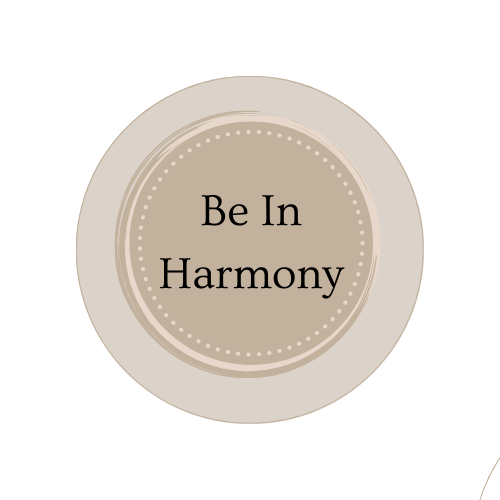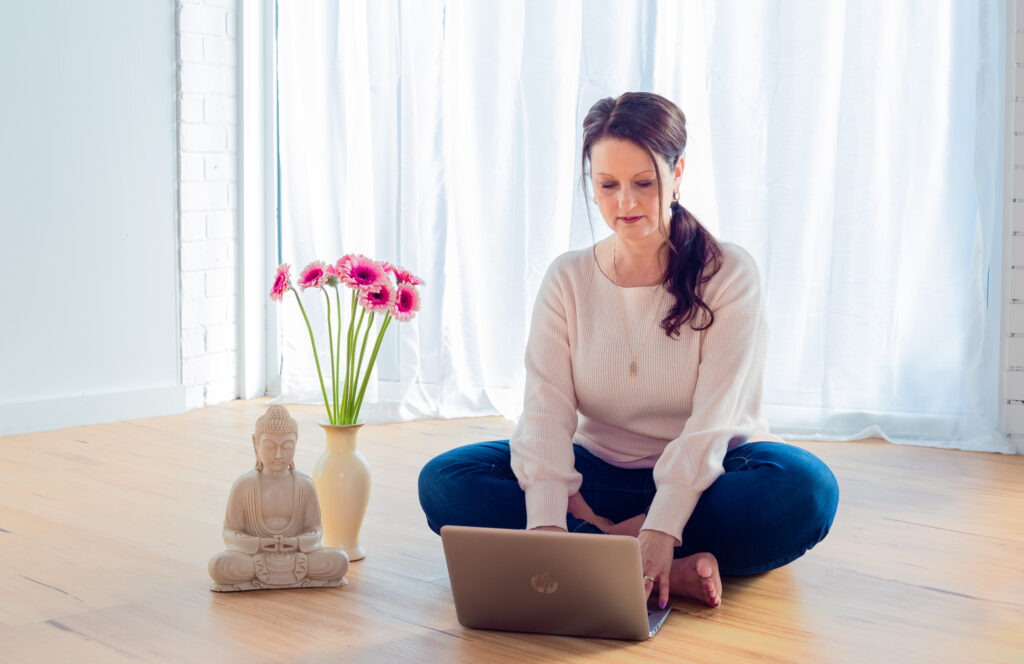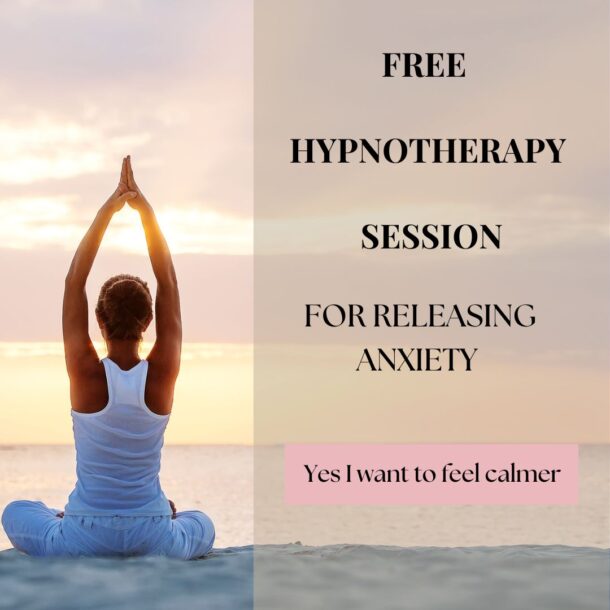Have you ever been harsh or critical with yourself?
Learn how to reduce anxiety naturally and instantly.
Anxiety is something most of us will struggle with at one point or another in our lives. The sudden sensation of racing heart, fast shallow breaths, the mind starting to race, body tensing and the wave of emotions that takes over.
A little while ago, this is exactly the feeling I was struggling with.
The wave, of anxiety, would just hit. I would feel the surge within my body, breathing, and mind. Honestly, when anxiety takes over it is difficult to get back control.
You feel like you are in a constant state of fight or flight. The mind pulls you in with thoughts that amplified the anxiety. You feel completely overwhelmed
in your body and mind. It is like being pulled in and not being able to disconnect from what going on within you.
There are many ways to manage the feeling of anxiety. Did you know that you have a remedy that is safe, inexpensive, and effective?
“Your breath”. The breath has amazing powers to calm anxiety naturally.
Your breath is one of the best calming remedies for stress and anxiety and best of all it’s free!!!
When someone is experiencing anxiety the breathing pattern changes. The breath starts to become shallow the person generally takes small breaths and uses the upper chest rather than their diaphragm to move the breath in and out of their lungs. This style of breathing causes feelings of increased anxiety.
By controlling the breath or Pranayama practice as it referred to by yogis.
Yogis have now for centers the amazing powers of the breath. Now medical science is discovering the benefits and effectiveness that controlled breathing has on mental and physical health.
This includes
- Reduces feelings of anxiety
- Lowered blood pressure
- Improved heart rate
- Reduced levels of stress hormones
- Balances the levels of oxygen and carbon dioxide
- Improved immune system functioning
- Increased physical energy
- Increased feelings of calm and wellbeing.
When you’re in a state of relaxation your breath through the nose slowly gently and evenly. When anxiety takes over the breathing pattern changes rapidly it is generally the opposite of relaxed breathing.
To give you a guide I have put together four breathing practices. These practices are effective for calming yourself gain back a sense of control.
The Balancing Breath for Anxiety
Balanced breathing is nature’s gift to help work with anxiety, by deliberately focusing on inhalation and exhalation.
Steps:
1 Begin to focus on your breathing, connect with the inhale and exhale as it is naturally, not changing anything just notice for a moment.
2 Now focus on slowing your breath and deepening it slightly.
3 Inhale for 5 counts. Hold for the count of 2 Exhale for 5 counts. (this is one cycle)
4 Continue for 10 cycles
Benefits of Balancing Breathe
The benefits of balancing breath include:
-Regulation of your stress response.
-Regulate your emotions
-Clears the mind to improve your thinking and processing abilities.
Alternate Nostril Breathing.
This breathing practice is great for relaxing the body and the mind. It creates a feeling of balance and grounding. It also helps to reduce anxiety and promotes overall mental and physical wellbeing.
Steps:
- Sit in a comfortable position, sit up straight with your spine in alignment.
- Using your right hand bring your thumb to rest your right nostril.
- Place ring finger on the left nostril.
- Begin by breathing in through both nostrils. And then breath out through both nostrils.
- Close the right nostril with the thumb and inhale through the left nostril
- Close the left nostril ring finger and breathe out through the right nostril.
- Inhale through the right nostril.
- Close the right nostril and breathe out through the left nostril.
This is one cycle. Continue to repeat alternating nostril breathing until you feel balanced and clean.
Benefits:
Balances the brain. This is a great practice to do throughout the day to help rebalance the right and left hemispheres of the brain. It clears the mind and that foggy feeling !!! and helps with balancing emotions.
One Minute- Mindful Relaxation Breathing
Let’s face it feeling of anxiety is mentally exhausting. By using mindfulness to focus your attention on the present moment helps calm the mind and reduce anxiety. This breathing practice brings a sense of calming when the sudden wave of anxiety or stress takes hold.
Steps:
1:Tune into the breath: just notice the breath without changing anything for a moment.
2: Focused on the breath and start to change the rhyme of the breath. Inhale slowly and say to yourself “breath in” – fill your lungs with the breath. Then exhale completely: say to yourself: ” breath out ” -as you fully empty your lungs.
Continue for one minute.
3: Complete the exercise by placing your hand on your heart and saying thank you to yourself. Thank you for taking the time to breathe and be calm.
Benefits of mindfulness practice:
- By focusing on the here and now you are less likely to get caught up in worrying thoughts
- Being mindful helps to take pleasure in life as it occurs
- Mindfulness improves mental health
- Improves physical health
- Mindfulness can help improve sleep
- Mindfulness has been shown to reduce stress, anxiety and other mental health issues.
Diaphragmatic Breathing
When you experience anxiety your breathing becomes shallow and contracted to the upper chest area. By using diaphragmatic breathing, it allows you to fully in inhalation and exhalation. This type of breathing helps to breathe deeply with focus and bring about a sense of relaxation
Steps
1. Sit comfortably with your spine in alignment.
2. Place your left hand on your upper chest and the right hand below your rib cage on your belly. Relax and breathe normal noticing the breath for a moment.
3. Then focus on the Inhale through the nose taking a long slow breath in. Feel the hand on your belly move up with the in-breath. As you exhale notice the hand move back down towards your spine.
4. Focus on controlling the breath. The hand on your belly should move up and down with each breath while the hand on your chest should remain as still as possible. Experiment until you get the breath right.
5. Now you have a feel for belly breathing include the following count: Inhale for 5 counts and exhale for 5 counts. (1 full round = 10 counts)
6 . Repeat for 5 full rounds.
The benefits of belly breathing included:
– Regulation of your stress response so you’re less reactive.
– Regulation of your emotion Improves thinking and processing abilities.
– Effective in helping with mental health conditions such as stress, anxiety, and depression.
“The Breath” is a simple tool that can be used any time to promote physically, mentally and emotional health.
In challenging, stressful and anxiety proving situations one of the best things to do is to turn to the breath.
By taking control of your breath, it helps to naturally calm anxiety.
It is also like hitting the reset button for your body and emotions. Remember the breath is one thing that is always available to you and best of all you can draw upon it anytime you need it to calm anxiety. I truly hope this helped you with some practical ways to manage your feeling of anxiety.
If you need more, support with anxiety or further exploring breathing practices learn more about how I can help you Here.
Please note these practices are intended as a guide to be used in combination with professional mental health support.
If you want more free resources to support your mental health, I have created some beautiful free resources for you HERE



